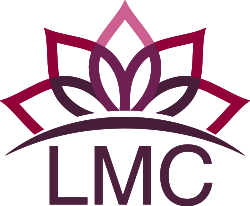Safeguarding children and vulnerable adults in GP practices
The CQC expects practices to have robust systems in place for safeguarding children and adults at risk. This includes ensuring all staff have received the appropriate level of training for their role and that they all understand the system for reporting concerns.
GP practices should have a system in place to manage and review risks to children, young people and vulnerable adults.
During an inspection the CQC will also expect practices to have a risk register of vulnerable patients and robust information governance in place. All practices should have a safeguarding lead.
See the following for more information on Safeguarding on the NHS England website.
See the following pages for more information:
GP mythbuster 33: Safeguarding children - Care Quality Commission
GP mythbuster 25: Safeguarding adults at risk - Care Quality Commission
GPs and the Mental Capacity Act 2005 and Deprivation of Liberty Safeguards
GPs and their staff (and all providers of health and social care) should have a good understanding of the Mental Capacity Act (MCA) 2005 and the Deprivation of Liberty Safeguards (DoLS) to ensure that they can act in a patient’s best interest.
Adult safeguarding toolkit
The following guide from the BMA will provide you with the key legal and ethical considerations you need to take into account concerning adult safeguarding, and signposts to other sources of support and information.
Please note it is not a set of rules or instructions, or a substitute for careful reflection and discussion with colleagues. You can seek additional advice on specific dilemmas from the BMA’s medical ethics and human rights department, the GMC, or your medical defence organisation.
Training
The LMC organises a level 3 safeguarding presentation by safeguarding leads every March for the Sessional GPs for their appraisal. If you are a Sessional GP and would like to be added to the distribution list contact Mariah.
You may find the following resources useful:
- BMA and Law Society - Assessment of Mental Capacity
- General Medical Council - confidentiality: good practice in handling patient information
- NHS England - safeguarding adults guidance
- GOV.UK - Office of the Public Guardian
- Social Care Institute for Excellence - adult safeguarding
- Working together to safeguard Children 2023
